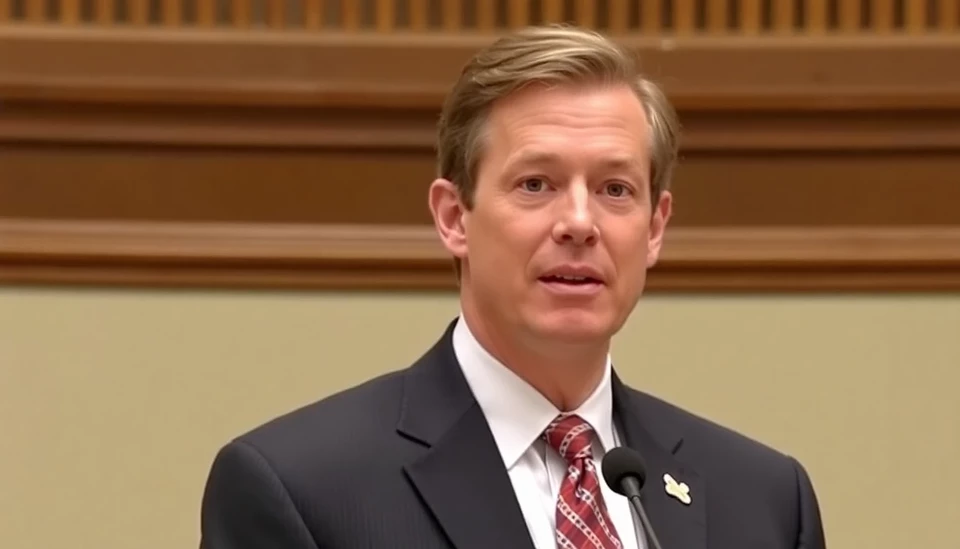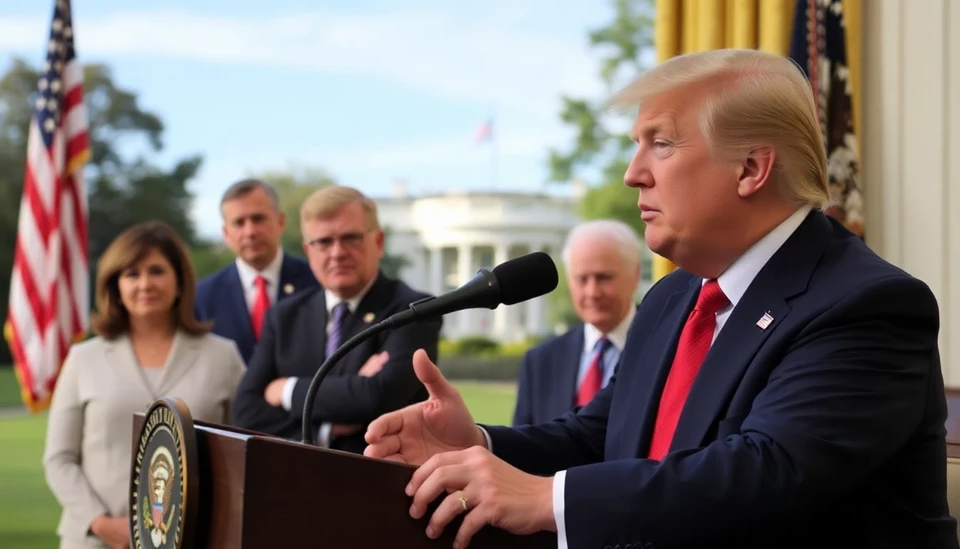
In a bold move that could reshape the U.S. energy landscape, Senator John Thune from South Dakota has announced plans to employ a fast-track legislative approach to push through a comprehensive energy bill aimed at achieving energy dominance for the nation. This initiative comes at a crucial time as the country grapples with energy supply concerns heightened by geopolitical tensions and climate change impacts.
Thune's proposed legislation seeks to streamline the approval processes for energy projects, thereby reducing the bureaucratic hurdles that often delay crucial infrastructure developments. By utilizing the fast-track mechanism, which allows certain bills to be expedited through Congress with limited debate and no possibility of filibuster, Thune aims to secure necessary support from both sides of the aisle. This approach is expected to attract votes from a wide range of stakeholders who recognize the importance of energy independence.
The senator's strategy is rooted in the belief that increasing domestic energy production is essential not only for national security but also for economic growth. Thune highlighted the potential for job creation in sectors such as renewable energy, oil, and natural gas, which are critical to South Dakota's economy and others across the U.S.
In his remarks, Thune emphasized the importance of balancing traditional energy sources with renewable alternatives to ensure a stable and affordable energy supply. The proposed fast-track bill includes provisions aimed at enhancing support for emerging technologies in the renewable sector, alongside incentives for fossil fuel production. This dual approach aims to satisfy a variety of interests while moving the nation closer to its energy goals.
Thune's announcement has sparked discussions among environmentalists, industry leaders, and policymakers about the implications of such rapid legislative action in the realm of energy. While some stakeholders applaud the urgency for energy independence, others raise concerns about the potential environmental impacts that could arise from expedited project approvals.
As the conversation around energy dominance continues to evolve, Thune's fast-track bill is poised to become a focal point in upcoming legislative sessions. Its success could set significant precedents for how energy policy is shaped and implemented in the future, making it a critical piece of legislation to watch in the months to come.
With the 2024 elections looming, energy policy is anticipated to be a key issue. Thune's push for a fast-tracked energy bill could become intertwined with electoral campaigns, influencing both voter opinion and candidate platforms as energy security increasingly becomes part of the national discourse.
Ultimately, Thune's initiative represents a decisive step towards redefining the energy strategy of the United States, potentially paving the way for greater energy sufficiency while drawing attention to the complexities that accompany such a significant undertaking.
As developments unfold, stakeholders from every sector will be closely monitoring the progress of the fast-track bill and its ramifications for the future of energy in America.
#EnergyDominance #SenatorThune #FastTrackBill #EnergyPolicy #RenewableEnergy #FossilFuels #JobCreation #EnergyIndependence
Author: Peter Collins
